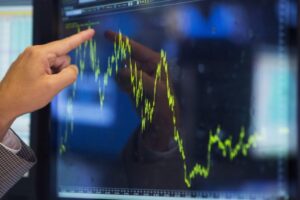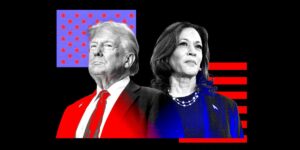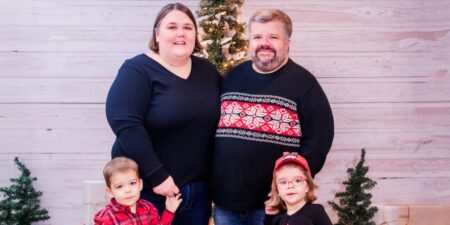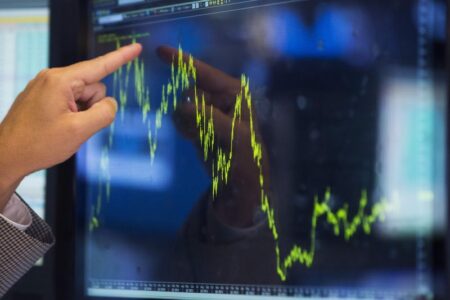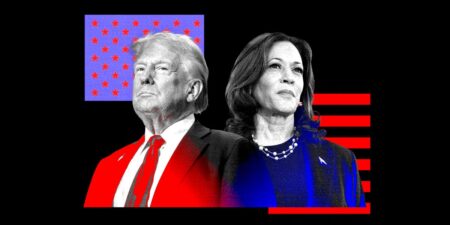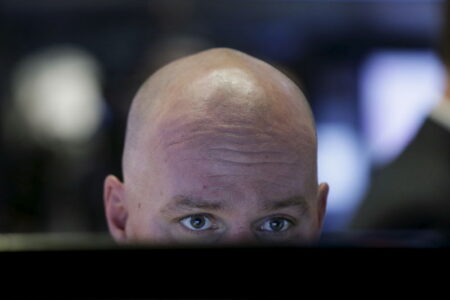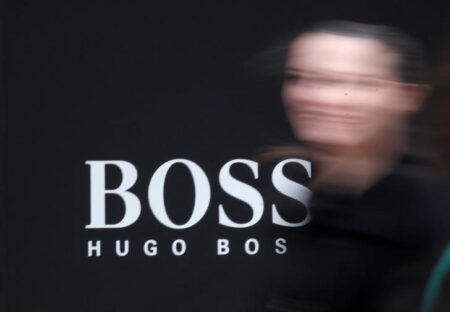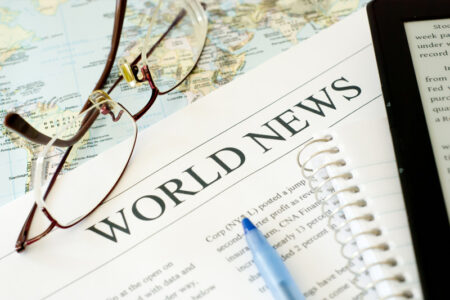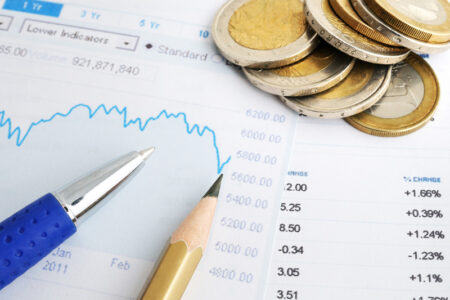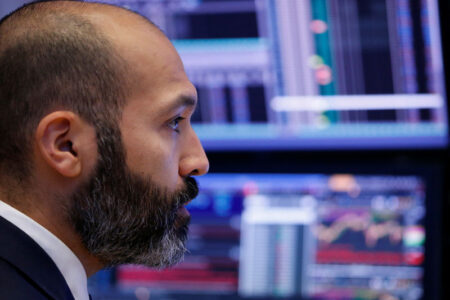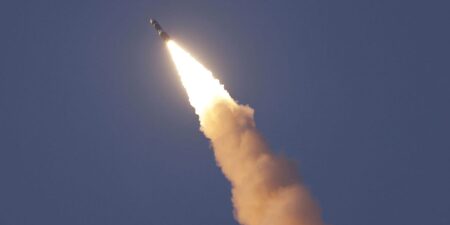Last year, The Washington Post published a piece about Gen Z reviving the millennial “going out top.” The first line reads, “It’s 2007. You’re 21.” I read this with sentimentality before I remembered I was 11 in 2007. The only club I was hitting was Club Penguin.
Enter “zillennial” into the lexicon, which defines who I am. This is for those of us born in the late 1990s on the cusp of both the millennial and Gen Z markers.
I feel like I don’t belong to either generation
The closer I get to 30, the more I’ve been thinking about how this microgeneration of which I’m a part shaped who I am today. For example, I’ve never been in a world where I can’t Google something. By the time I was born, there were about 45 million people online, and by 1999, that number was 150 million, per Elon University.
My time wasn’t what seems like the quintessential millennial experience. AOL’s instant messenger, AIM, launched in 1997, but I didn’t get an account until 2009, at 13, when it was becoming obsolete. I joined Facebook in 2010, but that was way after the heyday of needing a college email to join. I never had a Myspace and ranked my top friends.
Snapchat and Instagram were my zillennial sweet spots. Now I feel too old for TikTok.
This is to say, millennials are often deemed the generational bridge between analog and digital, but some of us were kind of always online.
I feel lucky to have grown up with this access, but I also appreciate my whole life wasn’t digitized. To quote mid-2000s icon Hannah Montana, it was “the best of both worlds.”
I don’t fully remember historical events that marked my generation because I was too young
On a more serious note, 9/11 and the Great Recession are world events that often define the millennial generation.
I was 5 on September 11, 2001, and while I may remember more than most my age, given I grew up an hour outside Manhattan, the magnitude of the day didn’t sink in until I got older.
While I do have some firsthand memories, unlike Gen Z, the bulk of millennials were older kids or teens and thus more capable of processing what happened. I can’t even begin to imagine what that was like.
Regarding the recession, I learned about it in my middle school social studies class, and when my mom lost her job. But I wasn’t about to graduate from college into a harrowing job market, a case that many millennials found themselves in and thus hindered their future financial success.
This is not to say zillennials haven’t faced their hardships. For example, we were barely into our careers when the pandemic, lockdown, and the resulting recession started.
I feel nostalgic for things I wasn’t part of
From boy bands to platform flip-flops, I often feel nostalgic for a millennial culture I didn’t fully experience.
I was slightly bummed when “Mean Girls” was old enough to have a reboot. Although when the original came out in 2004, there was no way my parents would let me watch it since I was 8.
For me, the zillennial zeitgeist was the golden age of Disney Channel, TikTok (the song, not the app), Wii sports, DJ Earworm’s 2009 mix (anyone else still knows every word?), and discovering Taylor Swift on the verge of teenhood.
A few years ago, there was a much-discussed Medium post about “geriatric millennials” being the best equipped to handle a newly hybrid workforce. I might be able to play a similar role down the line.
Yes, I remember dial-ups and cassette tapes, but also don’t know dating culture without apps. I can speak both languages.
I look back at the Y2K fashion nostalgia, but I’m still buying their predecessors now in stores.
Turning 30 feels a bit like the “last call” on the millennial generation’s being considered young; I write with some melancholy.
But age is just a number, right? Also, my refusal to part with my skinny jeans has already been deemed antiquated.
Read the full article here




